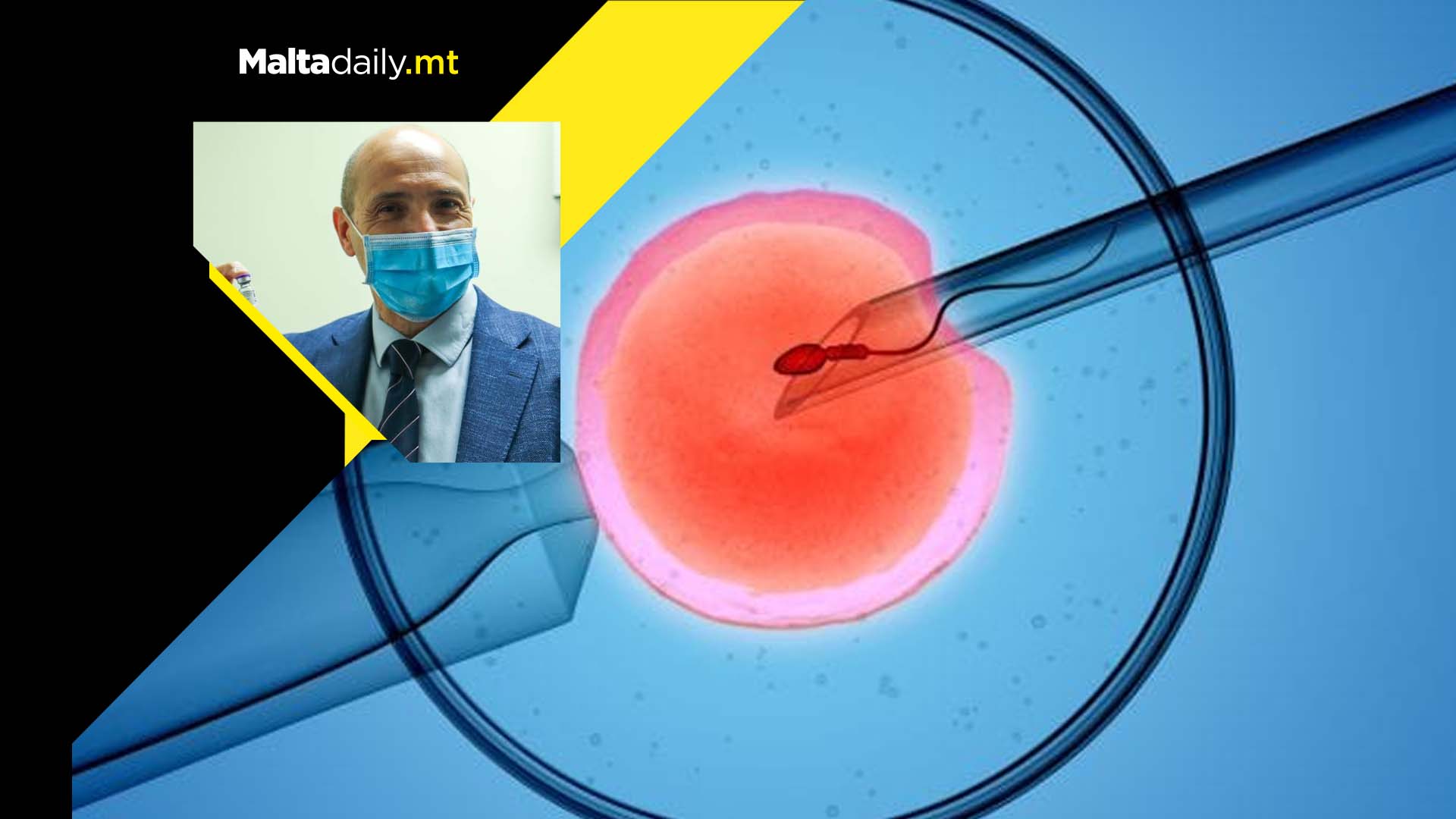
15 people were found to be positive for drugs after 3,347 drug tests were carried out last year in the Corradino Correctional Facility.
Home Affairs Minister Byron Camilleri revealed the statistics in parliament in response to a Parliamentary Question tabled by PN MP Beppe Fenech Adami. The latter asked for the number of prisoners found to be positive in a drug test.
The Minister said that this means that only 0.45% of all tests in 2021 found a person to be positive for drugs. ‘After someone tests positive, investigations are conduced to establish the facts and decisions are taken as needed.’
‘Contrary to previous administrations, drugs are not tolerated in the prison, so much so that tests are frequent and every positive is taken seriously. This helped the prison become drug free over the past years’ he added.
#MaltaDaily












